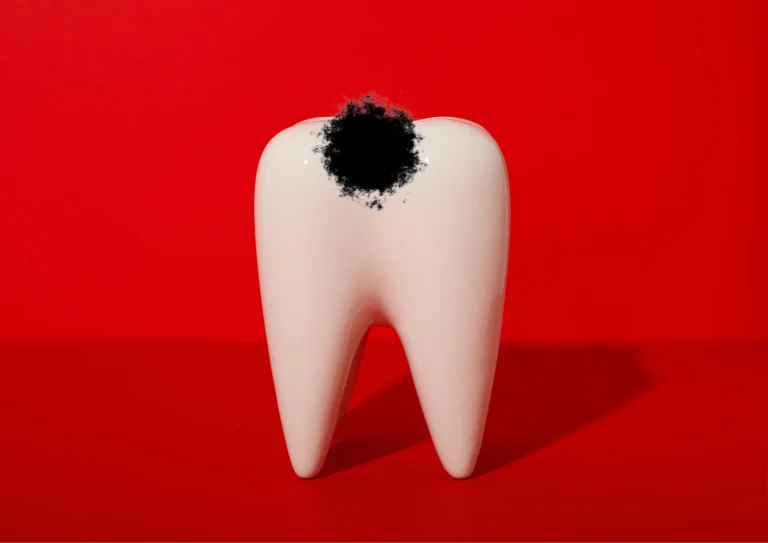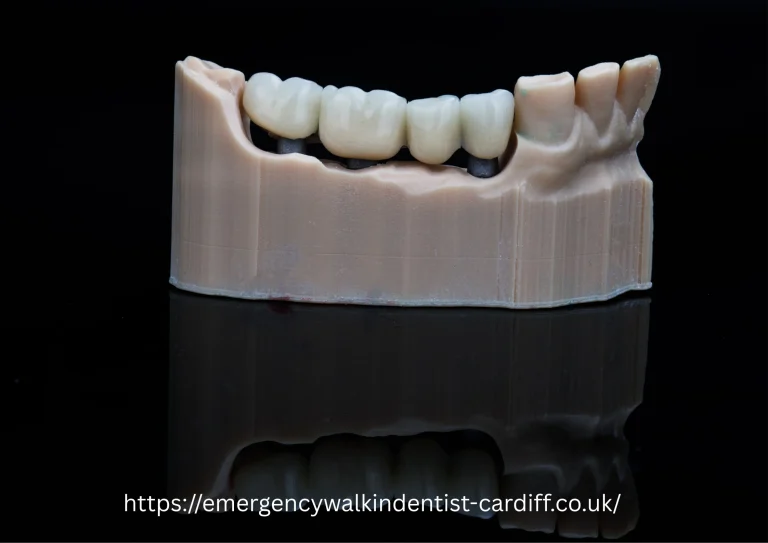The ancient practice of oil pulling (swishing oil in your mouth) has gained modern popularity as a natural toothache remedy. But does it really work? Cardiff dentists examine the evidence and reveal when this traditional method might help – and when you need emergency dental care instead.
Oil Pulling for Tooth Pain: What Dental Research Shows
How Oil Pulling Claims to Work
Proponents suggest swishing 1 tbsp of oil (usually coconut, sesame or sunflower) for 15-20 minutes may:
- “Pull out” bacteria and toxins
- Reduce inflammation in gums
- Create a protective coating on teeth
- Alleviate nighttime toothache discomfort
Reality: While some benefits exist, oil pulling cannot treat the underlying causes of most dental pain.
What Science Says About Oil Pulling
Limited studies show potential for:
- Reducing plaque bacteria (comparable to mouthwash in some studies)
- Mild gum inflammation relief
- Surface stain removal
However, there’s no evidence it can:
- Heal cavities or reverse decay
- Treat dental abscesses
- Replace professional treatment
When Oil Pulling Isn’t Enough
Seek immediate dental care if you experience:
- Throbbing pain lasting >24 hours
- Visible swelling in gums or face
- A bad taste with pus discharge
- Fever accompanying tooth pain
These indicate infections requiring antibiotics or root canal treatment.
Proper Oil Pulling Technique (If You Try It)
For maximum safety and minimal risk:
- Use 1 tbsp coconut or sesame oil (most research-backed)
- Swish gently for 5-10 minutes max (not 20)
- Spit into trash (not sink – can clog pipes)
- Rinse thoroughly with warm water
- Brush normally afterward
Never: Replace brushing/flossing with oil pulling or use it as a substitute for professional dental cleanings.
Potential Risks of Oil Pulling
When done improperly, oil pulling may cause:
- Lipoid pneumonia (if oil is inhaled)
- Delayed treatment of serious conditions
- GI upset from swallowing bacteria-laden oil
- Worsened pain from irritated dental nerves
Those with dental anxiety should consult a dentist rather than self-treating.
Persistent Tooth Pain Needs Professional Care
While oil pulling might offer temporary relief for mild gum irritation, it cannot address most dental problems. Our Cardiff dentists provide same-day emergency evaluations to diagnose and treat the real cause of your toothache.
Book Your Urgent Dental AppointmentFAQs About Oil Pulling for Toothaches
At best, oil pulling may provide temporary numbing of mild gum irritation within 15-30 minutes. However:
- It doesn’t address the root cause of pain
- Effects last only 1-2 hours
- Severe pain typically isn’t relieved
For lasting relief, identify the cause through a dental examination.
Coconut oil has some advantages:
- Contains lauric acid (mild antibacterial properties)
- More pleasant taste than other oils
- Solid at room temperature (less messy)
However, no oil can substitute for proper dental treatments when you have active tooth decay or infection.
No. While oil pulling may reduce some bacteria:
- It doesn’t remove plaque mechanically like brushing
- Can’t clean between teeth like flossing
- Doesn’t provide fluoride to strengthen enamel
At most, consider it a supplement to normal oral hygiene. Learn proper brushing techniques from your dentist.
Oil pulling may be risky for:
- Children under 12 (aspiration risk)
- Those with oil allergies
- People with swallowing difficulties
- Patients with active oral infections
If you have specific health conditions, consult your dentist first.
For temporary relief until you see a dentist:
- Clove oil (eugenol has natural anesthetic properties)
- Saltwater rinses (reduces bacteria and inflammation)
- Cold compress (for swelling and pain)
However, these only mask symptoms. Persistent pain always requires professional diagnosis.






